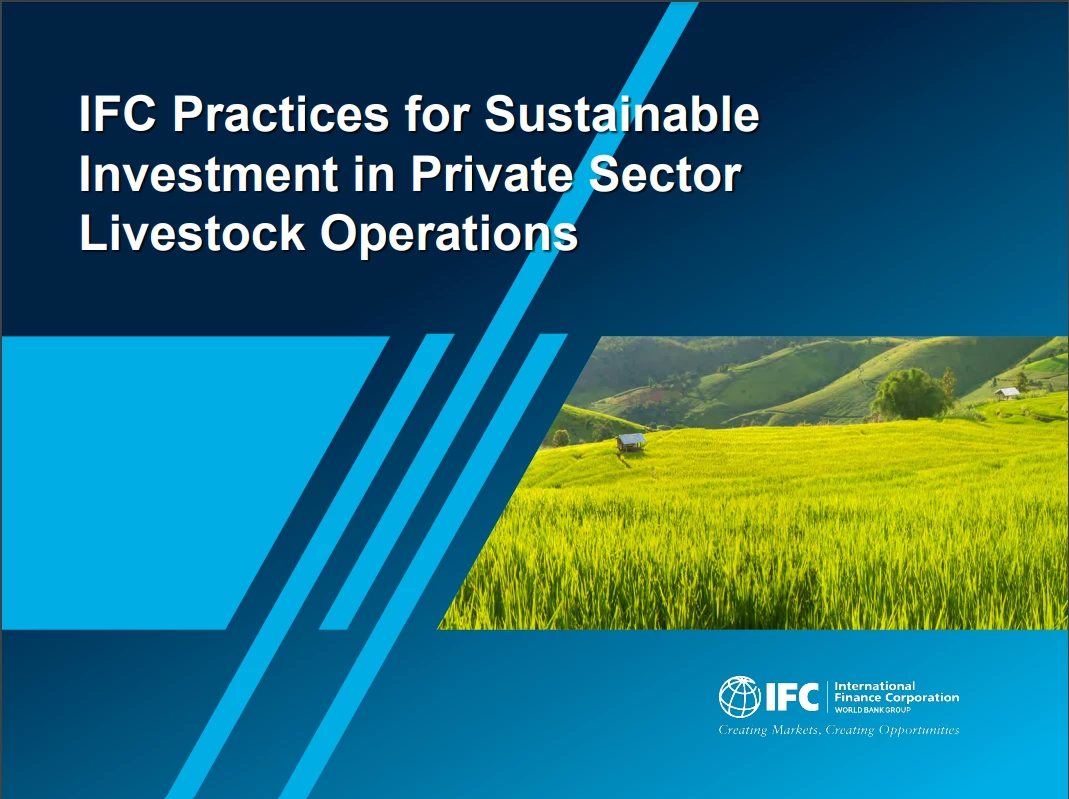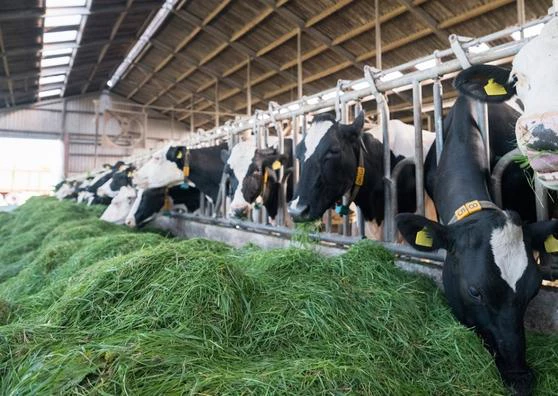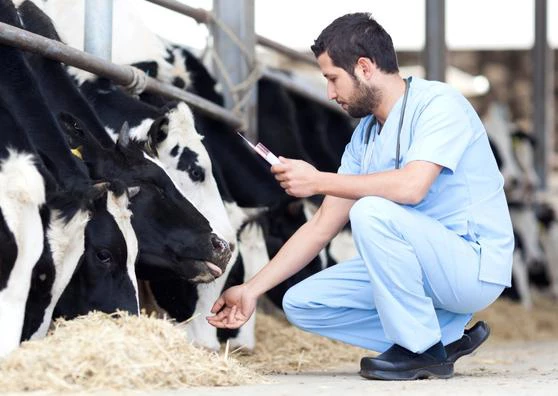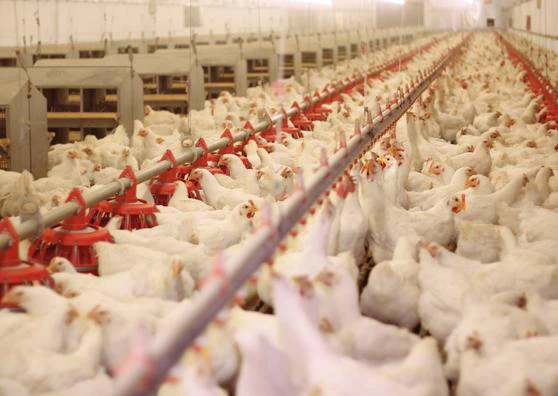There are seven fundamental practices that inform IFC investments in livestock and aquaculture projects. These practices must underpin a client’s operations, and IFC works with clients to help them transition to operations that follow these practices during the course of the investment. The goal is to ensure that IFC investment projects are aligned with these seven practices within three years of the investment, with the exception of Practice 7, which must be adhered to from the outset. This due diligence process and action plan is recorded in IFC’s Environmental and Social Review Summary (ESRS), which produces an Environmental and Social Action Plan (ESAP).
THE RELATIONSHIP BETWEEN THE PRACTICES AND IFC’S PERFORMANCE STANDARDS
IFC, like other development-oriented investors, follows IFC’s Performance Standards. The Practices do not replace IFC’s Performance Standards, but rather provide detail on the sections of the Performance Standards that are especially relevant to the livestock sector. They include details of how IFC invests in livestock operations and aquaculture businesses, how IFC conducts due diligence, and what IFC requires of its investee companies.
Resources
To keep animal protein in the global diet, sustainable investment has a role to play
by Augusta Dwyer, Freelance Writer
December 7, 2022 | LANDSCAPE NEWS








